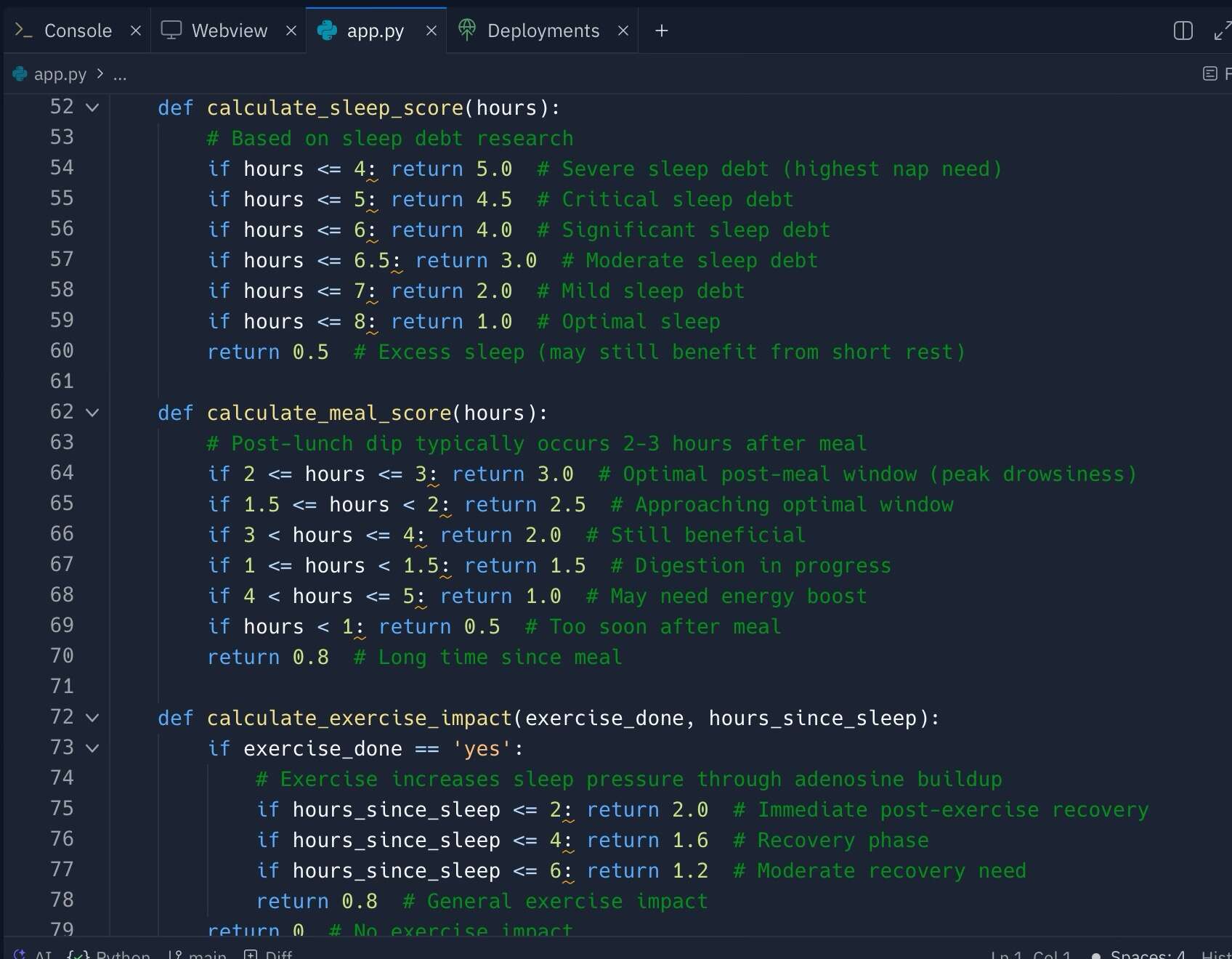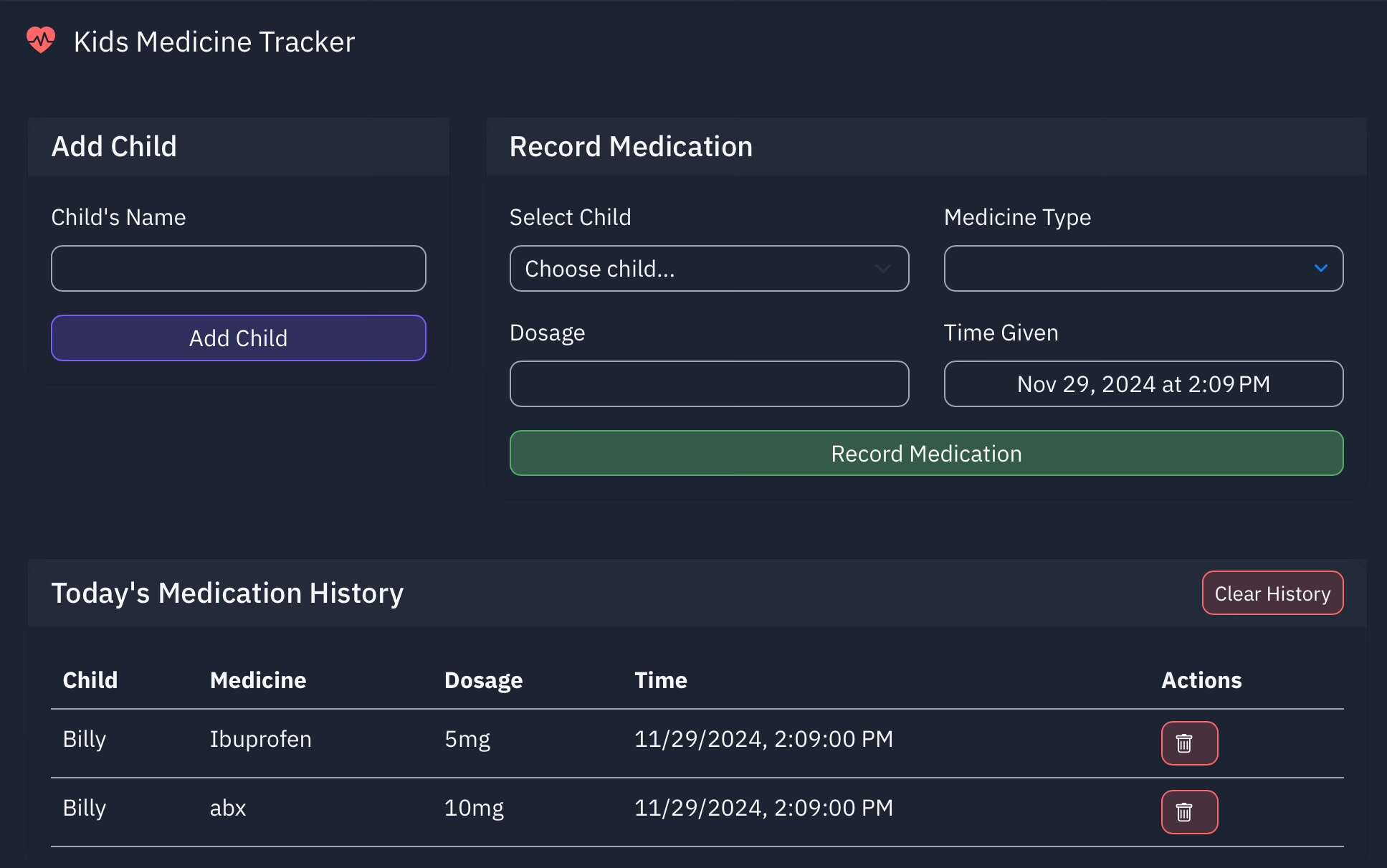Product management is dead. There is no point in learning to code. AI agents are going to replace all our jobs. There is a lot of uncertainty and fear about how AI will impact jobs, especially in the tech sector. It remains to be seen how things will play out. But I’m certain that what got us here, won’t get us there. With the landscape shifting so rapidly, where can we dedicate our time and focus without it being a waste? I’ve got one answer that I guarantee will be valuable no matter what, be generative. Become as good as you can at quickly generating ideas and finding ways to test them.
Be Generative
I wish I could take credit for this, but I heard it from Amjad Masad on Lenny’s Podcast. As the CEO of Replit, he has a front-row seat to how AI impacts technical work and his company is helping to drive that impact. But he says that no matter how AI reshapes the way we work and what jobs we do, there will always be value in idea generation. As time goes on, the value of this skill will actually increase. The barriers and friction to testing ideas will become close to zero. At that point whoever is best at generating ideas is at a huge advantage.
In Amjad’s own words:
I think a very important skill that's perhaps harder to develop but it's worth working on is being generative, being more generative, being able to generate new ideas quickly, because you can think about it as a factory line.
So you have ideas, you have the production of these ideas or the initial production of these ideas, and then you have other people that want to consume these ideas or work with you on these ideas.
And so typically you're bottlenecked by the middle part where your ideas are kind of like they're a lot of them and they're not fitting in, because they need to be made and they need to be made quickly. And so now you open up that bottleneck. So now actually making things is a lot easier.
Actually, you become limited by how fast you can generate ideas, and I find that true of myself as well. I consider myself quite generative, but now I have this tool and I can build a lot more and explore a lot more and I'm finding that, well, actually, I'm running out of ideas sometimes.
I love the urgency of this framing. It’s not that you should learn to be generative, it is essential that you do. If not, you will soon be the bottleneck in the system as AI makes it easy to test almost any idea. It reminds me of Paul Graham’s advice for how to be successful:
Being prolific is underrated. The more different things you try, the greater the chance of discovering something new. Understand, though, that trying lots of things will mean trying lots of things that don't work. You can't have a lot of good ideas without also having a lot of bad ones.
Though it sounds more responsible to begin by studying everything that's been done before, you'll learn faster and have more fun by trying stuff. And you'll understand previous work better when you do look at it. So err on the side of starting. Which is easier when starting means starting small; those two ideas fit together like two puzzle pieces.
Putting It Into Practice
I was working in my yard while listening to this podcast. It got me so fired up that I had to put being generative into practice right away. So I took a break, pulled out my phone, and went to my notes app. If you’re like me you probably have an entire folder of ideas for businesses, products, and apps. They stack up quicker than you can do anything about them.
NapWise
I found an idea in my folder for an app that tells you whether you should take a nap. This idea was 4-5 years old at this point. At the time I wanted it, I had no clue how to build it. And now, knowing how to code, it doesn’t feel like the effort it would take me to build it would be worth it. But I figured it was something AI could handle. So I opened Replit on my phone, pasted my note into the agent as a prompt, and let it rip. 10 minutes later, sitting on a bench in my backyard, I had a working app without writing a single line of code.
And it’s actually better than what I would have built on my own. It gives users a simple questionnaire about their current state (sleep, food, exercise, etc). Then it gives them a recommendation on whether they should take a nap and what kind to take. It even gives some details on the science behind the recommendation.
Behind the scenes, it wrote a detailed scoring and weighting system for each factor. Definitely something a human could do, but it would have taken much longer than the few seconds it took the agent.
Medication Tracker
A few days later I was sitting on the floor in my son’s room trying to give him some medicine for an ear infection. After fighting with him to take it, I pulled out my phone to write down what he took. Generally, we track things like this in a shared Apple note. That’s when I had the idea that I could probably make an app for it. I hopped over to Replit, gave the agent a prompt, and two minutes later I had a deployed app that I could share with my wife.
The Real World
These are some toy examples. And while fun to play with, their real-world value isn’t much. But they give a good parallel for the real world. It is often said in B2B SaaS that “your spreadsheet is my opportunity”. Meaning that anything customers do in a spreadsheet has the potential to be a new feature in your product. Just like I took an unstructured Apple note and turned it into a structured app, we can do the same with our customer’s homegrown tools. The real advantage today is that product managers can use AI to create prototypes and quickly validate with customers. All without needing to steal time from design or development.
While I used an Agent to build the examples here, I do not think that we should be totally dependent on them. There is still a lot of value in learning to code. Amjad said the same thing in his conversation with Lenny. Despite his company creating agents that can code for you, he doesn’t think learning to code is pointless. Very much the opposite, he is a huge proponent of learning to code. Someone coined the term Amjad’s law which states the value of learning to code doubles every 6 months. I’d say without a doubt that learning to code over the last two years was one of the best things I’ve done for my own career. And I can see the value increasing as time goes on.
In a year or two the AI hype might die down, and we will all go back to the old way of working. Or maybe AGI will be here. Or more likely something in between. Learning to be generative is a skill that will pay off either way. So keep building that list of ideas, and just as quickly start testing them out. You never know which one will be your breakout idea.

